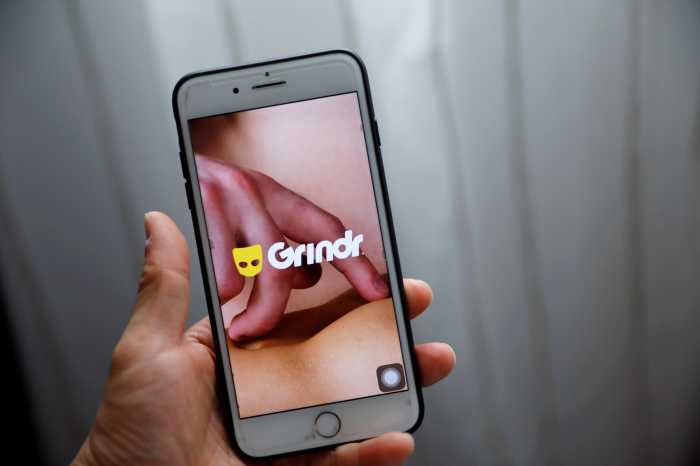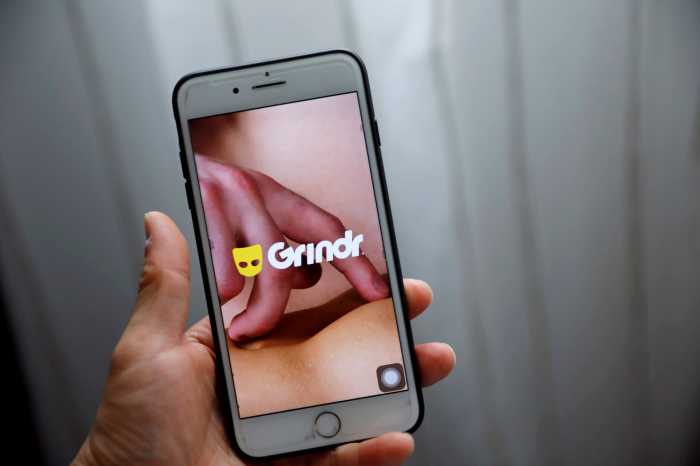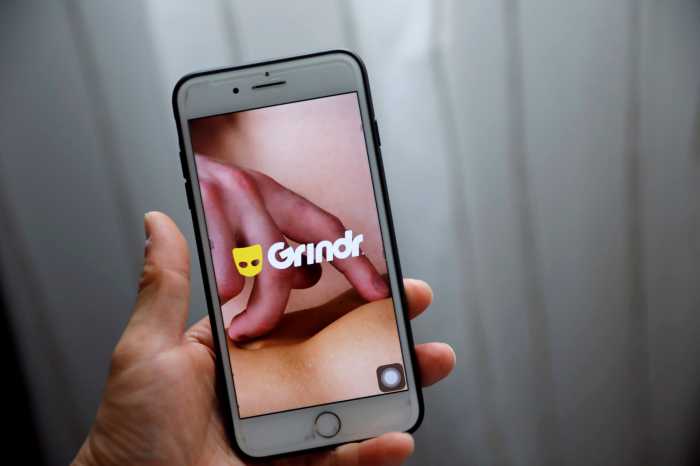Following several reported monkeypox cases among men who have sex with men in Europe, officials at the Centers for Disease Control and Prevention (CDC) are warning gay and bisexual men — as well as the general public — to look out for any unusual rashes or symptoms.
“Monkeypox appears to be circulating globally in some parts of the gay community,” Dr. John Brooks, a medical epidemiologist who works within the CDC’s Division of HIV/AIDS Prevention, said during a call with reporters on May 23. Brooks said a “notable fraction of cases” are occurring among gay men, but CDC officials were careful to acknowledge that anyone can be infected. It is not clear exactly how many men who have sex with men have been infected.
Monkeypox, previously confined to parts of central and western Africa, has recently seen cases pop up across more than a dozen countries, including the United States, Australia, Belgium, Canada, France, Germany, Israel, Italy, the Netherlands, Portugal, Sweden, Spain, and the United Kingdom (UK). On May 24, the UK announced 14 more known infections, bringing the total there to 71 cases. The BBC reported that at least 131 cases have been seen around the world during the recent outbreak.
Officials have confirmed at least one case in Massachusetts and several other possible cases elsewhere the United States, including in New York, according to the CDC. The possible cases are described as “pox” cases, meaning they could be monkeypox but are not confirmed.
Dr. David Heymann, who previously led the World Health Organization’s emergency department, told the Associated Press that an outbreak among men who have sex with men could have been at least partly related to events in Spain and at Belgium. Health officials in Belgium said at least three cases are tied to the Darklands Festival, which a fetish festival for men, while authorities in Spain said there is an investigation into an outbreak that coincided with a crowded Pride event in the Canary Islands. Enrique Ruiz Escudero, a regional health official in Spain, said a Madrid-based sauna is suspected to be the source of several cases, according to Reuters. The sauna has since closed down.
In a statement issued on May 20, Dr. Hans Henri P. Kluge, the WHO regional director for Europe, said the cases in the recent outbreak have been “atypical” partly “because most of the initial cases found are being detected through sexual health services and are among men who have sex with men.”
Monkeypox is not specifically considered to be a sexually transmitted infection, but it can spread through skin-to-skin contact with lesions or through bodily fluids and respiratory droplets. The CDC is also noting, however, that the risk to the general public is low and that monkeypox cannot, for example, be transmitted by passing someone at the grocery store.
CDC officials further explained that monkeypox symptoms sometimes resemble sexually transmitted infections. One doctor, the CDC said, thought their patient had herpes and did not think to check f0r monkeypox. The gay dating app Grindr has started issuing notifications to users in the UK to explain that monkeypox “is transmitted through close contact, like during sexual intercourse or through contaminated bedding, sex toys.” The news of Grindr’s notification was first reported by the Daily Mail and confirmed by a Grindr employee via Twitter.
According to the CDC, monkeypox can begin with fever, headache, muscle aches, backache, swollen lymph nodes, chills, or exhaustion. Patients can develop rashes — usually starting on the face and then progressing elsewhere on the body — within one to three days, and symptoms can last for two to four weeks. CDC officials noted that the strain of the virus circulating around the globe right now is a milder one.
The flurry of reports connecting gay and bisexual men to monkeypox outbreaks has prompted some concern about stigmatizing language. The Joint United Nations Programme on HIV/AIDS (UNAIDS) is urging government officials, the media, and communities to use evidence-based approaches in the discourse surrounding monkeypox.
“Stigma and blame undermine trust and capacity to respond effectively during outbreaks like this one,” Matthew Kavanagh, the deputy executive director 0f UNAIDS, said in a written statement. “Experience shows that stigmatizing rhetoric can quickly disable evidence-based response by stoking cycles of fear, driving people away from health services, impeding efforts to identify cases, and encouraging ineffective, punitive measures. We appreciate the LGBTI community for having led the way on raising awareness — and we reiterate that this disease can affect anyone.”
Health officials expect more cases to appear in the near future. Dr. Jennifer McQuiston, who serves as the deputy director of the Division of High Consequence Pathogens and Pathology in the CDC’s National Center for Emerging and Zoonotic Infectious Diseases, said the United States already has more than 1,000 doses of Jynneos, a two-dose vaccine intended to combat both smallpox and monkeypox. The nation’s supply of that vaccine is expected to rise in the “coming weeks,” McQuiston explained, but in the meantime, the US already has over 100 million doses of a separate vaccine, ACAM2000, to fight monkeypox.




































